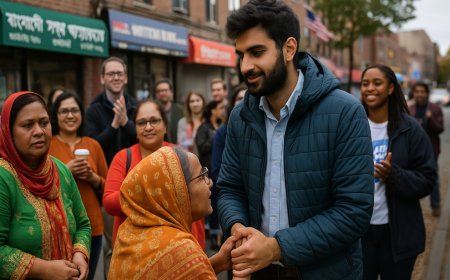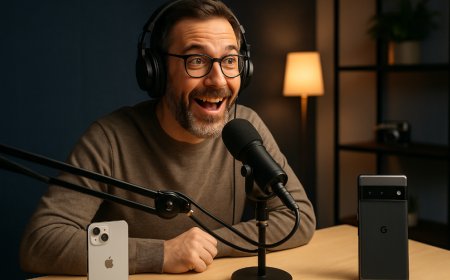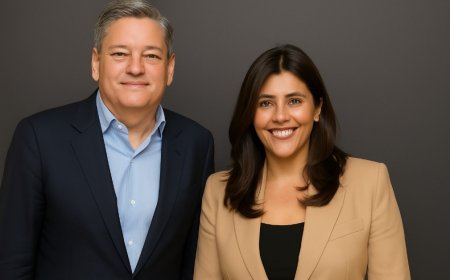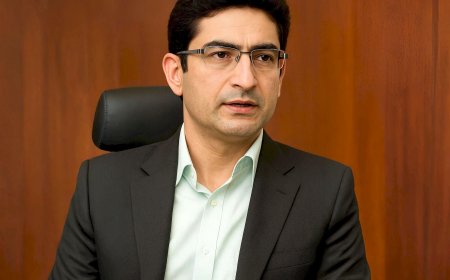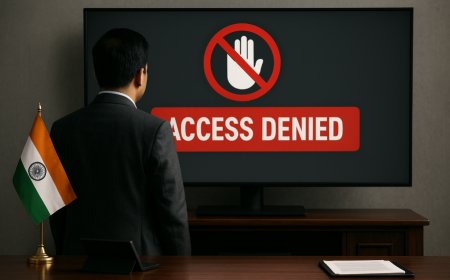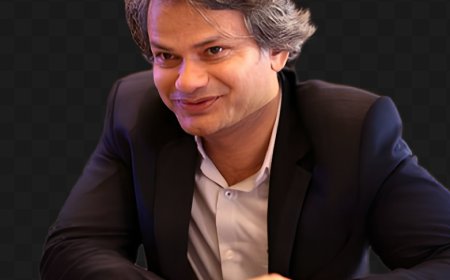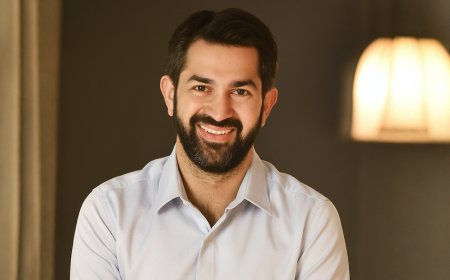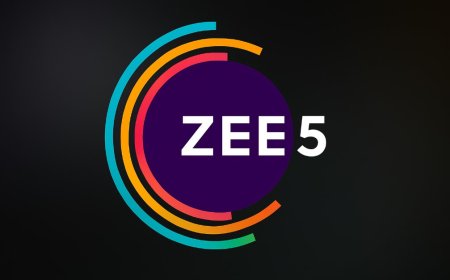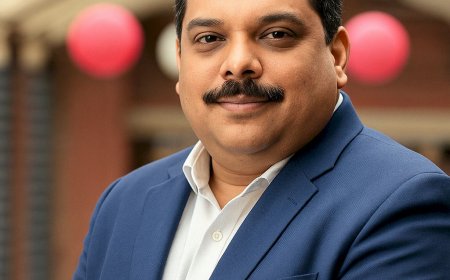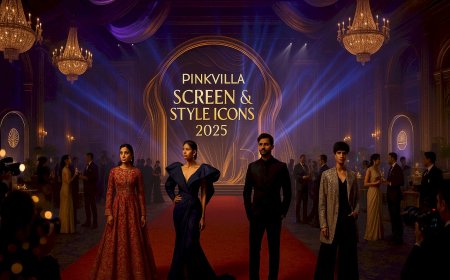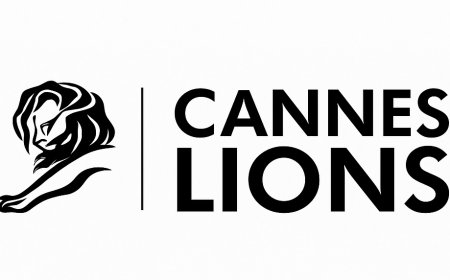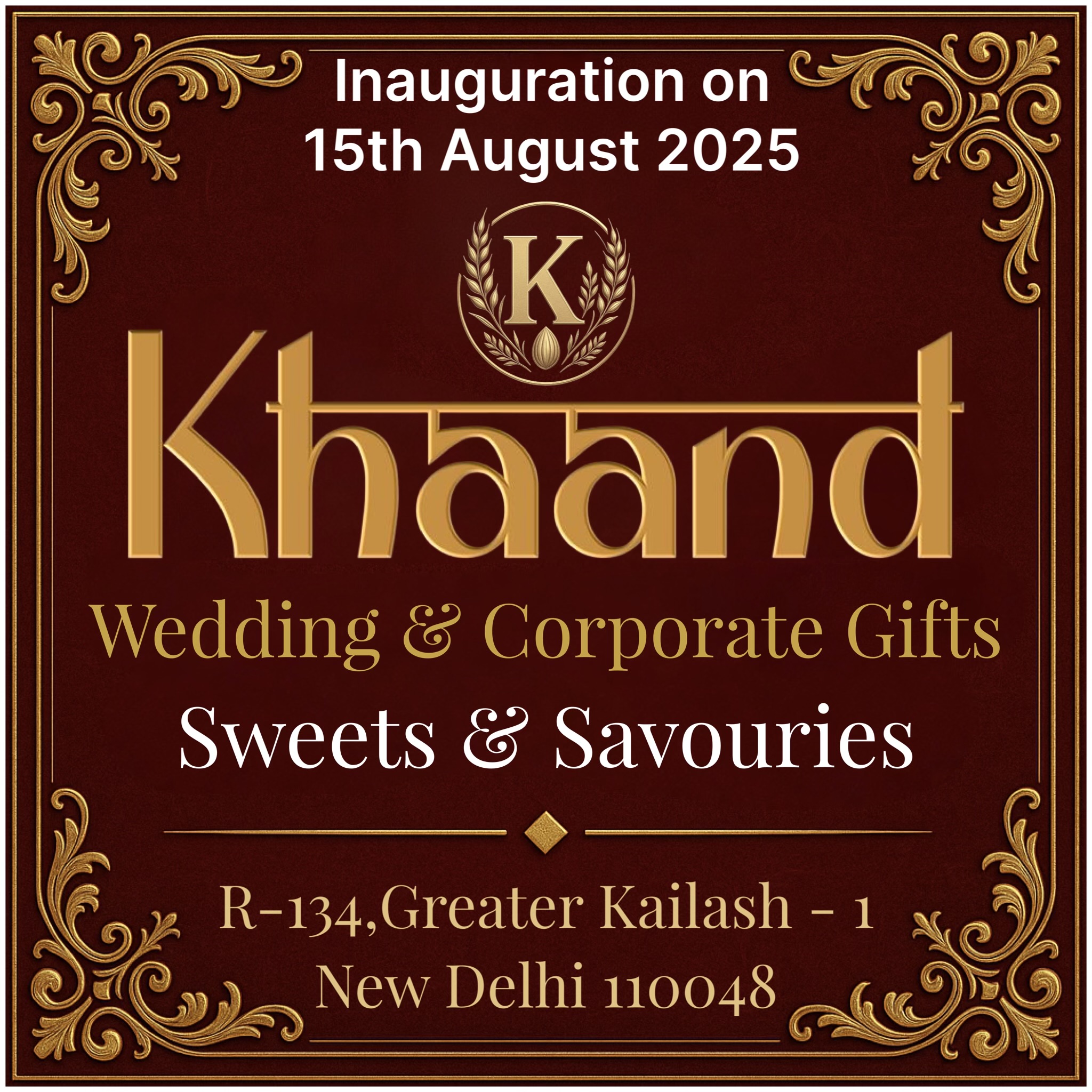What Really Makes Creative Agencies Tick: An Industry Veteran’s 'Ohriginal' Perspective
Explore a fresh perspective on what drives successful creative agencies, based on insights from industry veteran Rohit Ohri. Discover the principles behind agency excellence.

Introduction: A Look Inside the Creative Engine Room
Behind every memorable advertisement and compelling brand story lies a creative agency that understands not just the consumer, but also itself. While the ad world is constantly evolving, the core question remains: what truly makes a creative agency successful? This very question has been answered with thought-provoking clarity by advertising veteran Rohit Ohri, whose personal and professional experiences form the basis of a bold new viewpoint he calls the ‘Ohriginal’ perspective.
In a time where agencies are navigating rapid digital transformation, culture shifts, and brand realignments, Ohri’s take feels timely, grounded, and refreshingly candid.
The 'Ohriginal' Philosophy: Agency DNA Reimagined
Rohit Ohri’s approach cuts through buzzwords and trends. His core belief? An agency’s soul is its people and its point of view. No software, no AI tool, no amount of awards can replace the human essence that defines agency success.
This “Ohriginal” perspective is not just a play on his name—it’s a lens through which Ohri reimagines what agencies must do to remain relevant and resilient in a changing world. His views are shaped by decades of leading advertising firms and witnessing the industry’s biggest shifts firsthand.
It All Begins with Culture
For Ohri, the first and foremost element in any thriving agency is culture. Not the kind that lives on walls or pitch decks, but the lived, breathable kind—the kind that dictates how people behave when no one is watching.
He insists that agency culture is not optional—it’s foundational. It determines creativity, collaboration, risk-taking, and client relationships. A toxic or unclear culture suffocates innovation, while a nurturing, confident environment sparks originality and ownership.
In agencies, where ideas are the currency, culture determines how brave or bland those ideas are.
Leadership Must Set the Emotional Tone
A major driver of agency success, according to Ohri, is emotional leadership. An agency’s leadership team sets the tone for how people show up, take risks, and feel valued. In his experience, when leadership is emotionally disconnected, teams shrink from expressing bold ideas.
In contrast, leaders who actively listen, give credit freely, and build a sense of purpose inspire loyalty and better outcomes. Ohri emphasizes that creativity is emotional labor—and emotional labor needs recognition, empathy, and encouragement.
Creative Agencies Aren’t Just Service Providers
Ohri pushes back on the perception of agencies as mere service vendors. He believes agencies are partners in shaping business value—not just executing deliverables. That mindset shift must happen internally first. The moment a creative team sees itself as a vendor, the spark dims.
Instead, agencies should nurture their strategic voice, creative vision, and belief in long-term impact. As Ohri puts it, "the value we bring is not in what we make, but how we think."
Understanding the Power of Story
Advertising, at its core, is storytelling. And Ohri believes that agencies must excel at telling not just brand stories, but their own. Why should a client trust your agency? What do you stand for? What's your unique lens on the world?
He points out that many agencies fail not because they lack talent, but because they’ve forgotten to tell their own story with conviction. Agencies need to brand themselves with the same precision and passion they bring to their clients.
Talent: The Real Capital
In every talk and interview, Ohri circles back to this truth: people are the product. In creative businesses, it’s not infrastructure or automation that differentiates you—it’s your people.
Yet, he notes, too many agencies still operate in ways that undervalue individual contribution. He stresses the importance of recognizing individual genius while building collaborative strength.
Mentorship, flexibility, respect, and recognition must be embedded in the agency structure, not treated as perks. Only then can agencies retain the kind of talent that consistently delivers breakthrough ideas.
Bravery Over Bureaucracy
In his 'Ohriginal' view, agencies that win are those that choose bravery over bureaucracy. When processes become the purpose, creativity suffers. He calls for leaner structures that allow teams to act fast, make decisions, and iterate without fear.
Ohri believes the best ideas are often fragile at birth. They need speed, support, and freedom—not red tape and committees. This agility is what allows creative companies to stay ahead of trends and client expectations.
Relevance Requires Reinvention
No industry reinvents itself as often as advertising—and no agency can afford to get too comfortable. Ohri encourages agencies to keep questioning their models, offerings, and assumptions. “Relevance,” he says, “is not something you protect. It’s something you pursue.”
Agencies must constantly recalibrate in terms of new technologies, content formats, talent expectations, and brand behaviors. It’s this hunger to adapt—not just survive—that separates legacy agencies from living ones.
The Client Relationship Reset
One of the most actionable insights from Ohri’s philosophy is around client relationships. He urges agencies to move beyond transactional engagements and build transformational partnerships.
Instead of waiting for a brief, agencies should be proactive advisors. Instead of overpromising, they should build trust through clarity and consistency. The goal is not to win every pitch, but to earn every conversation.
When agencies become true collaborators—part of the client’s business journey—they earn not just contracts but long-term trust.
Final Thoughts: The Ohriginal Blueprint for Agency Success
Rohit Ohri’s take on what makes agencies tick isn’t filled with jargon or dramatic revelations. Its brilliance lies in its clarity and timelessness. By returning to the fundamentals—people, purpose, perspective—he redefines success in an industry obsessed with the next big thing.
For agency founders, creative directors, and strategists alike, Ohri’s “Ohriginal” philosophy offers both reflection and direction. In a world of ever-changing trends, these truths endure:
-
Culture is the foundation
-
Leadership must be emotionally intelligent
-
People are the real value creators
-
Bravery fuels innovation
-
Reinvention is the path to relevance
As the advertising world gears up for another decade of transformation, perhaps the most powerful move agencies can make is to remember why they started in the first place—and who they are at the core.
What's Your Reaction?
 Like
0
Like
0
 Dislike
0
Dislike
0
 Love
0
Love
0
 Funny
0
Funny
0
 Angry
0
Angry
0
 Sad
0
Sad
0
 Wow
0
Wow
0



